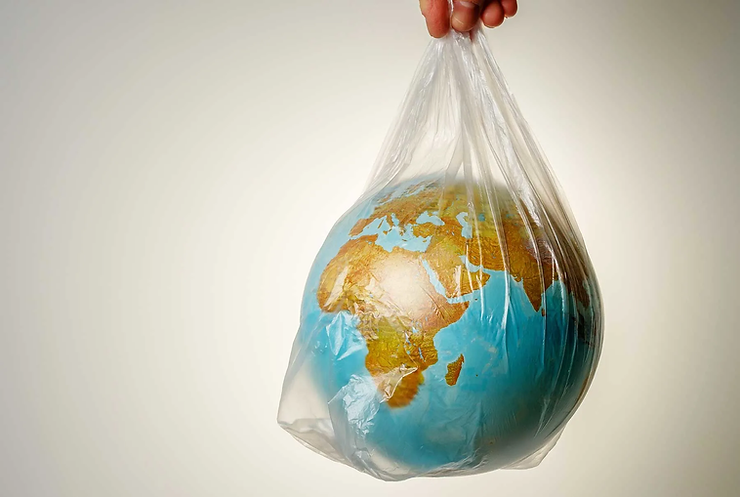By: Kathy Wu
We’ve all heard what banning plastic can do for the environment – -prevent plastic consumption, reduce litter, save wildlife, etc. But have you ever thought of negative effects of this prohibition, such as the positives of what plastic can do to preserve the freshness of your everyday meals?
People around the world have started to take action to abandon plastic since 2002. For example, the use of plastic straws at cafes or restaurants are now being replaced by paper. Many people have supported this act and confidently using paper straws to show their care for the environment. Yet barely three sips later, the paper straw start to go soggy and wilt. Its outcome is exactly the same as plastic, burned by an incinerator or tossed into a landfill.
Plastic has been looked down to for a long time. Nations have negotiated on many ways to reduce plastic – -more than 60 have imposed bans and taxes on this material. It was only until the other argument was brought up; in reality, we have never thought that many uses of plastic are actually seen as essential.
Around the world, food packaging is the largest source of plastic waste. In 2015, out of the 185 million tons of plastic waste produced, 141 million tons were plastic packaging. Yet plastic packaging also has positive impacts. Romane Osadnik, an account manager at the CITEO, a specialization in packaging materials, says, “Plastic can sometimes be the best option, especially in the food industry. Film wraps and plastic bags that seal food [such as cucumber wraps] preserve the quality of the food and are lightweight options.” France has recently banned plastic wrapping in food, industries and make use of other materials instead such as Styrofoam and cardboard. Osadnik added on to this, saying, “Food can be damaged more easily in cardboard…it often turns out to be more polluting to use cardboard wrapping than plastic, when the entire food production chain is taken into account.”
One of the recent substitutions for plastic are glass. Glass can be beneficial if it is kept clean and reused responsibly. Even so, Linda Gaines, an environmental scientist at the Argonne National Laboratory (ANL) and her colleague, Max Mintz, discovered that glass does not save a significant amount of energy and due to the lack of glass collecting networks, plastic is overall seen as the better option.
Plastic is a tricky material. It’s cheap, straightforward, and seen almost everywhere without you even noticing it. While it can have some negative impacts, its role in food transportation is highly necessary. Next time you use a piece of plastic, don’t point and holler your doubts. Instead, think of a way for it to be a comfort to the environment, such as reusing or recycling it.
Link:











